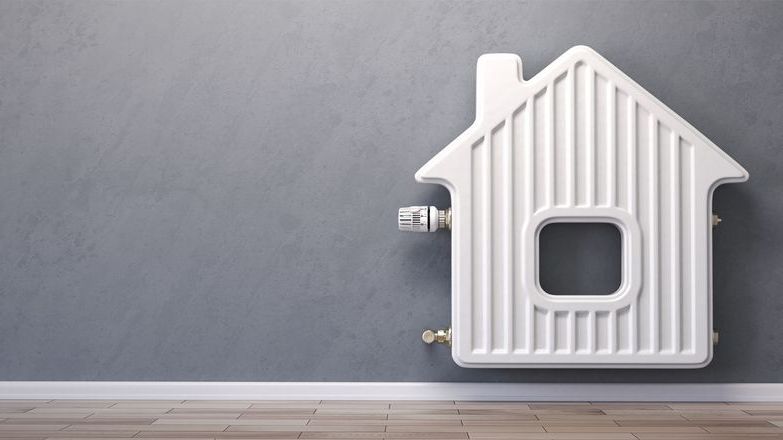
After evidence given by Propertymark and others that the available funding was inadequate compared to the overall costs of retrofitting, the grant provided by the Scheme was increased in September 2023 from £5,000 to £7,500.
Efforts to raise awareness of the scheme
We are also pleased to see the UK Government has recently launched a public information campaign, Welcome Home to Energy Efficiency, which promotes the Boiler Upgrade Scheme as well as highlights the wider efficiency measures that can help people save money on bills.
In our evidence to the House of Lords Built Environment Committee in September 2023, we outlined that 48% of Propertymark members were unaware the scheme existed, and urged the UK Government to do more to publicise the available funding.
Few incentives for homeowners
In Propertymark’s August 2023 research report, Energy efficiency in UK property: Where do we go from here?, 66% of sales agents reported that energy efficiency improvements do not add more value to a property than they cost to install.
Unlike in the private rented sector, there have never been any statutory minimum energy efficiency standards (MEES) for owner-occupied homes in the UK, although the Scottish Government have previously consulted on the issue.
Prime Minister Rt Hon Rishi Sunak MP ruled out legislation to force property owners to meet EPC targets, stating that a new pragmatic and realistic approach was needed.
The role of Green Finance
The Green Home Finance Accelerator (GHFA) is a project from the Department for Energy Security and Net Zero (DESNZ) which is funding the development of consumer products to enable the take-up of home energy efficiency and low carbon heat.
In January 2024, £16 million was awarded to 16 pilot projects including retrofit mortgages, tech tools for buy-to-let landlords managing the upgrade of a portfolio, advice services and green energy loans.
The pilot projects will run until February 2025, implementing and testing products with property owners across the UK.
Lessons from abroad
In countries which have introduced more prescriptive energy efficiency legislation, there is evidence that this is driving value in properties which have had upgrades fitted.
The German Building Energy Act, which stipulates that all existing buildings must be heated by at least 65% renewable energy by 2028 with fossil fuel systems banned entirely from 2045, has been identified as a key reason for homes with lower efficiency ratings dropping in value. According to research from ING, the price of a home with an energy label H was on average 45% lower than that of a residential property with an A+ energy label in 2023.
In Belgium, energy targets are set at a regional level. Flanders, the largest region, has introduced a renovation obligation which commits buyers of a property with an EPC score of E or F to bring it up to at least a D rating within five years. As a result, energy-efficient homes were 1.5% more expensive on average in 2023, with this gap expected to widen further in the future.





